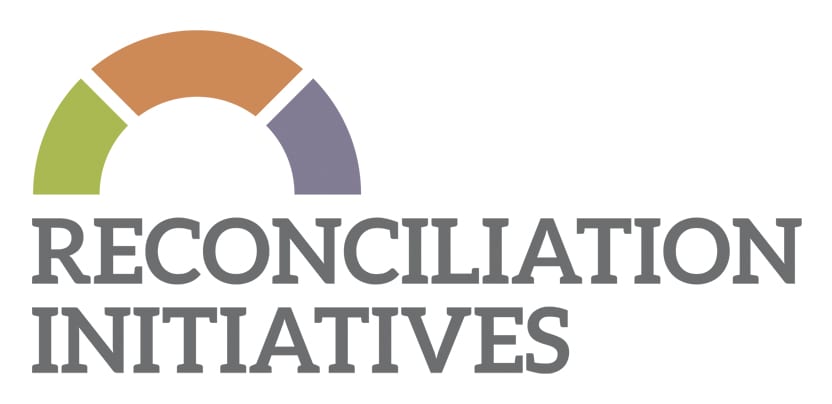A conversation between Revd Dr Alastair McKay, founder and Executive Director of Reconciliation Initiatives and Revd Dr Robin Greenwood, acclaimed author, ecclesiologist and retired priest, now in the Diocese of Gloucester.
Robin’s aim has always been to help the church improve its mission by blending wisdom from scripture, theology, group dynamics, psychology, and secular disciplines.
A key part of this conversation explores the value of Appreciative Inquiry, and Action Research. These methods have significantly influenced Robin’s ministry, providing practical tools to implement theological ideas.
Appreciative Inquiry is a strengths-based approach to creating organisational change. Rather than focusing on problems, Appreciative Inquiry explores what is already working well, and how to build on that. In a church context, it encourages a church community to see itself as a collaborative entity, co- creating and evolving together.
Robin explains that Appreciative Inquiry helps us to ask open-ended questions that empower individuals to find their own answers, while fostering curiosity and mutual learning. This approach invites church leaders to use their role to harness collective wisdom and nurture a participatory environment where power is shared, thus reflecting the nature of God. Appreciative Inquiry therefore has the potential to transform church communities through encouraging creative exploration and a positive approach.
Robin has worked with numerous local churches and found that inviting members to reflect on past successes and collaborative efforts rekindled a sense of agency and hope. One memorable experience involved engaging elderly congregation members in discussions about welcoming young children into church. By reframing the conversation to consider these children as their own grandchildren, they shifted from seeing children as disruptive to valuing their presence. This led them to recognise the need to adapt their worshipping life to genuinely include children and young people.
True conversation involves active participation, mutual respect, and an openness to learning from one another. This was evident in another community event Robin organised in Newcastle, where open discussions and worship led a young woman, initially intending a brief visit, to eventually pursue ordination, inspired by the genuine and inclusive conversations that she experienced.
In a previous role, Robin established five simple rules for Parochial Church Council meetings to ensure respectful and productive conversation. Reciting these rules at the start of each meeting embedded a sense of courtesy and openness, encouraging members to believe in the possibility of something new emerging from their discussions.
Robin also explains that the physical setup of meeting spaces plays a significant role in fostering conversation. Arranging furniture to encourage interaction rather than traditional hierarchical seating can transform the dynamics of a meeting.
Learning an Appreciative Inquiry approach can be a big culture change for many churches. How can such a culture change be nurtured and embedded in the life of a local church?
If you are interested in exploring this question, are in parish or cathedral ministry, a diocesan officer, or a leader eager to explore new approaches to missional engagement, our Reconciling Mission course is for you.
For more information on what we can offer you and your diocese, contact us on info@reconciliation- initiatives.org.
Grace and peace to you, from the RI team.

